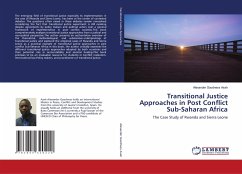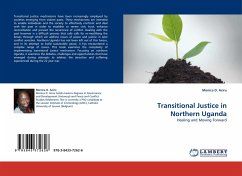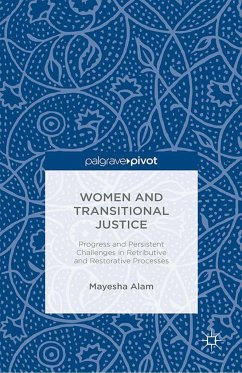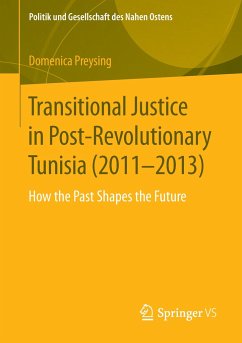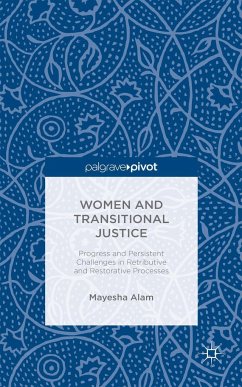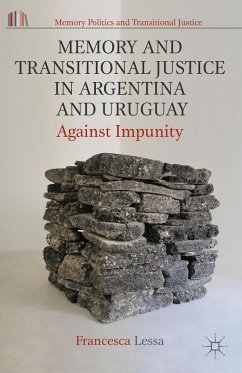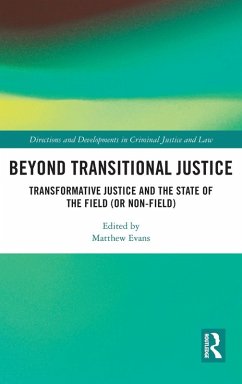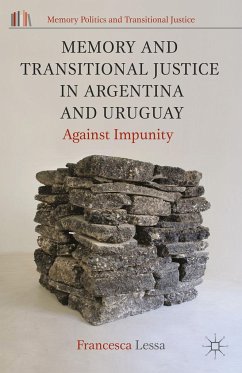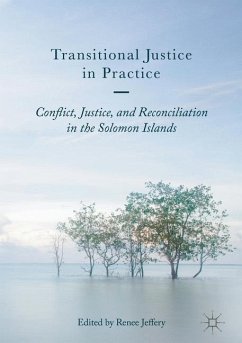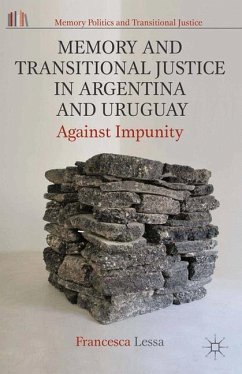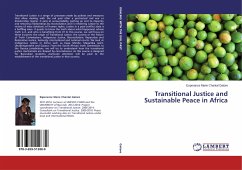
Transitional Justice and Sustainable Peace in Africa
Versandkostenfrei!
Versandfertig in 6-10 Tagen
55,99 €
inkl. MwSt.

PAYBACK Punkte
28 °P sammeln!
Transitional Justice is a range of processes made by policies and measures that allow dealing with the evil past after a protracted civil war or dictatorship regime. It aims at accountability, putting an end to impunity and restoring relationships by reconciliation and in rendering Justice to the victims of mass violations of human rights. Justice in a post-conflict state is a baffling issue. It quests to know the truth about what happened, whose truth is it, and who is benefiting from it? In this course, we will focus on these 8 points: the origin of Transitional Justice, the success or the F...
Transitional Justice is a range of processes made by policies and measures that allow dealing with the evil past after a protracted civil war or dictatorship regime. It aims at accountability, putting an end to impunity and restoring relationships by reconciliation and in rendering Justice to the victims of mass violations of human rights. Justice in a post-conflict state is a baffling issue. It quests to know the truth about what happened, whose truth is it, and who is benefiting from it? In this course, we will focus on these 8 points: the origin of Transitional Justice, the success or the Failure of Truth Commissions, Indigenous Justice, Reconciliation, Reparative and Restorative Justice, Amnesty, international and national courts. We look at Indigenous Justice in Africa such as Kpaa Mende, Magamba spirit, Ubushingantahe and Gacaca. From the South African truth commission to the Gacaca jurisdictions, we will try to understand how the transitional justice mechanisms are shaped by circumstances. As this course is designed for Burundian students, particular attention will be paid to the establishment of the transitional justice in that country.



